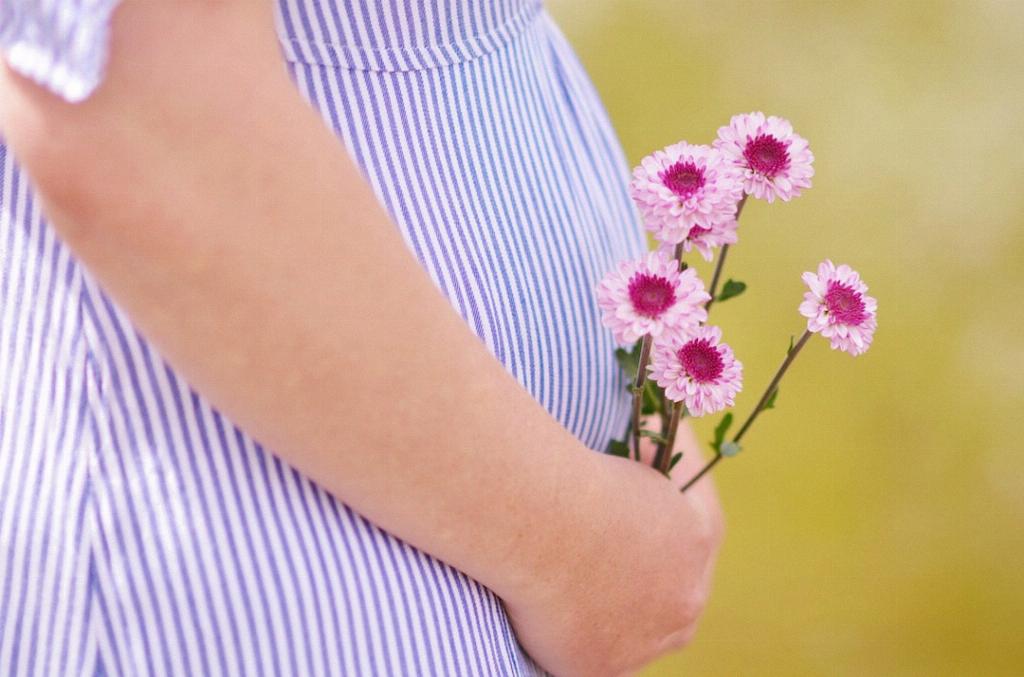When we think about the miracle of life, one cannot help but consider the profound words found in Psalm 139:13-16. This passage beautifully articulates the intricate process of human formation in the mother’s womb. It speaks to the divine nature of creation, highlighting the care and attention with which each individual is crafted. For unborn babies, this psalm serves as a poignant reminder of their inherent value and significance even before they enter the world.
As the psalmist declares, “For you formed my inward parts; you knitted me together in my mother’s womb,” we are presented with a powerful image of God’s hands delicately weaving together the fabric of life. The language used conveys a sense of intimacy and intentionality, suggesting that each unborn child is lovingly fashioned by the Creator. This recognition of divine craftsmanship fosters a deep sense of reverence for the sanctity of life, particularly in its earliest stages.
Furthermore, the psalmist goes on to exclaim, “I praise you, for I am fearfully and wonderfully made.” These words capture a profound sense of awe and gratitude for the intricate design of the human body and soul. Unborn babies, in their very essence, embody this sense of wonder and mystery. Each one is a unique and precious creation, deserving of celebration and protection. This psalm, therefore, serves as a beautiful affirmation of the inherent dignity and worth of every unborn child.
At the heart of Psalm 139 is the acknowledgment that our identities are deeply rooted in our relationship with our Creator. The psalmist acknowledges God as the ultimate source of life and existence, underscoring the intimate connection between the divine and the human. For unborn babies, this truth holds particular significance, as it affirms their inherent worth and purpose. They are not accidents or mistakes but intentionally designed beings, each with a unique role to play in the grand tapestry of creation.
Moreover, the psalmist’s declaration that “I am fearfully and wonderfully made” reinforces the idea that each individual is a masterpiece of divine craftsmanship. Unborn babies, in their very state of being, reflect this truth in a profound way. They are not simply clusters of cells or biological entities but intricate works of art, infused with beauty and potential. By acknowledging this reality, we can cultivate a greater sense of respect and reverence for the sanctity of life in all its forms.
Psalm 139 serves as a powerful reminder of the sacredness of human life, particularly in its earliest stages. For unborn babies, this psalm offers a message of hope and assurance, affirming their intrinsic value and dignity. It highlights the profound truth that each life is a gift from God, to be cherished and protected with the utmost care. By turning to this psalm, we are reminded of the divine love and purpose that underpins our existence, from the moment of conception to the end of our days.
In conclusion, Psalm 139:13-16 stands as a timeless ode to the beauty and wonder of human life, especially in its most vulnerable and delicate form. For unborn babies, this psalm serves as a source of comfort and strength, reminding them of their unique place in God’s plan. It celebrates the miracle of creation and the divinely orchestrated journey of each individual from the womb to the world beyond. May we always hold fast to the truths encapsulated in this psalm, honoring the sanctity of life in all its stages and manifestations.

